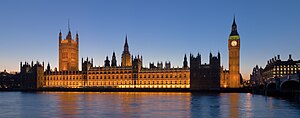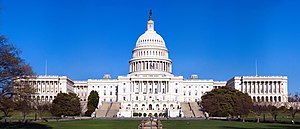Unitary state



A unitary state is a sovereign state governed as one single unit in which the central government is supreme and any administrative divisions (subnational units) exercise only powers that the central government chooses to delegate. Many states in the world have a unitary system of government.
Unitary states are contrasted with federal states (federations):
- In a unitary state, subnational units are created and abolished and their powers may be broadened and narrowed, by the central government. Although political power in unitary states may be delegated through devolution to local government by statute, the central government remains supreme; it may abrogate the acts of devolved governments or curtail their powers.
- The United Kingdom is an example of a unitary state. Scotland, Wales, and Northern Ireland, which along with England are the constituent countries of the United Kingdom, have a degree of autonomous devolved power - the Scottish Government and Scottish Parliament in Scotland, the Welsh Assembly Government and National Assembly for Wales in Wales, and the Northern Ireland Executive and Northern Ireland Assembly in Northern Ireland. But such devolved power is only delegated by Britain's central government, more specifically by the Parliament of the United Kingdom, which is supreme under the doctrine of parliamentary supremacy. Further, the devolved governments cannot challenge the constitutionality of acts of Parliament, and the powers of the devolved governments can be revoked or reduced by the central government (the Parliament with a government comprising the Cabinet, headed by the Prime Minister). For example, the Northern Ireland Assembly has been suspended four times, with its powers reverting to the central government's Northern Ireland Office.
- In federal states, by contrast, states or other subnational units share sovereignty with the central government, and the states comprising the federation have an existence and power functions that cannot be unilaterally changed by the central government. In some cases, such as in the United States, it is the federal government that has only those powers expressly delegated to it.
- An example of a federal state is the United States; under the United States Constitution, power is shared between the federal government of the United States and the U.S. states. Many federal states also have unitary lower levels of government; while the United States is federal, the states themselves are unitary under Dillon's Rule - counties and municipalities have only the authority granted to them by the state governments by the state constitution or legislative act.
Most countries with the Westminster system of government are unitary states except Australia, Canada and Malaysia, which have federal systems. These nations may be considered hybrids of both systems, employing the centrality of the unitary system at the federal level, and the sharing of power with states, provinces and territories found in federal systems.
Devolution (like federation) may be symmetrical, with all subnational units having the same powers and status, or asymmetric, with regions varying in their powers and status.
